Industry study finds lead-acid to remain most wide-spread automotive energy storage for foreseeable future; new chemistries continue to grow
Green Car Congress
MAY 28, 2014
With regard to overall storage capability and potential for further fuel efficiency improvements, the demand for larger battery systems based on lithium, nickel and sodium will continue to grow through the increased market penetration of vehicles with higher levels of hybridization and electrification. Sodium-nickel chloride batteries.



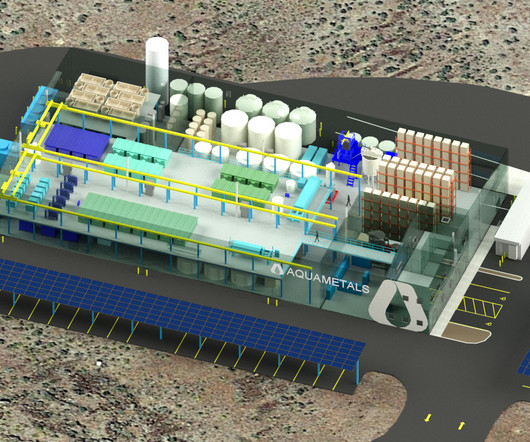
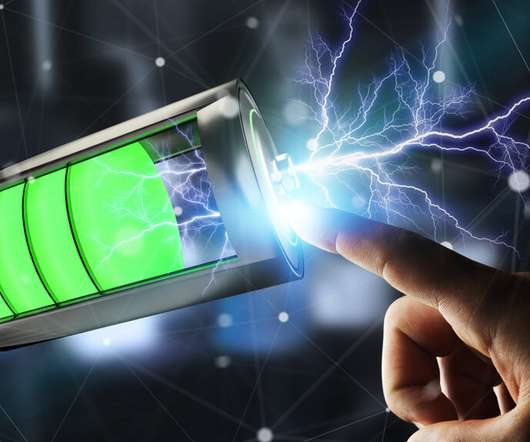
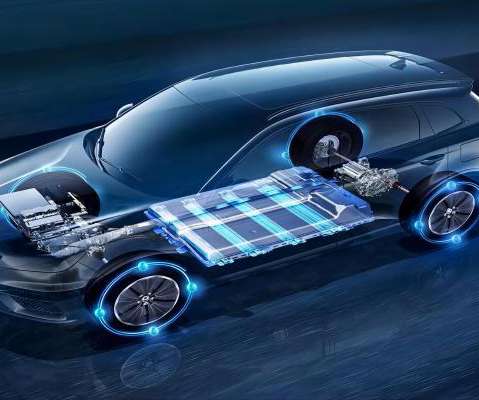

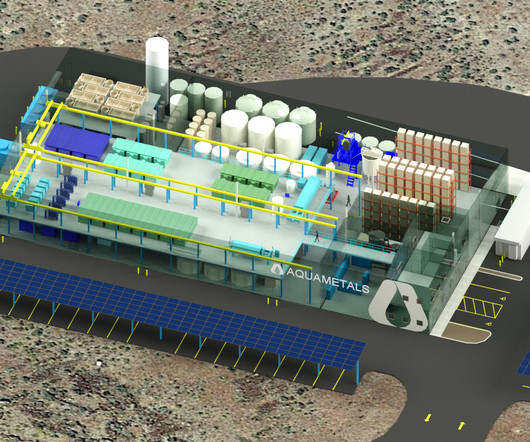

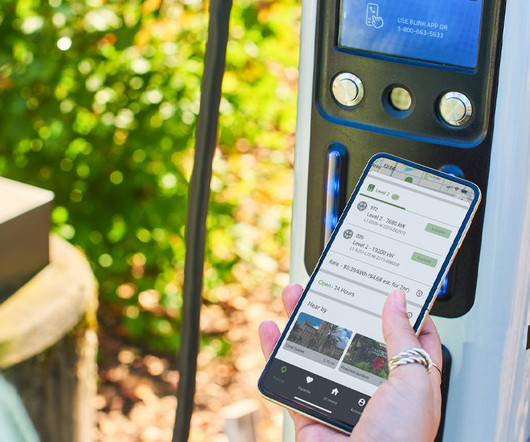







Let's personalize your content